Peer-to-peer Strategy Consulting
Since 2017, peer-to-peer strategy consulting for digitization in teaching and learning has been supporting universities and alliances in the further development of strategic processes. The offer is aimed at university management, but aims to bring all status groups along and actively involve them in the change process. The expertise of the peers involved is at the heart of the consultation.
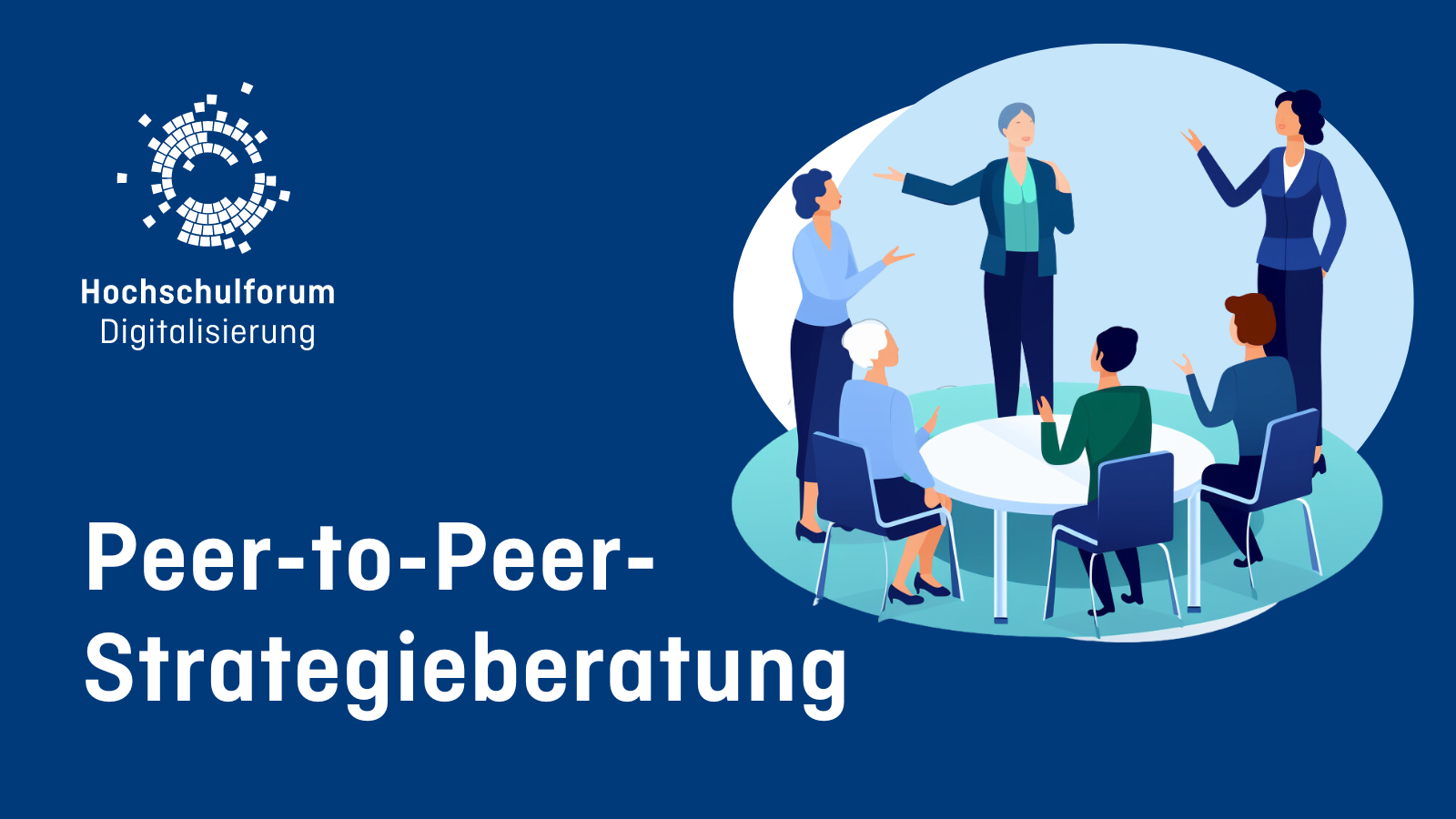
For universities, digital transformation means change in all areas of performance. The way they deal with the challenges and opportunities of digitization varies greatly. Institutional frameworks at universities, such as structures and culture, influence strategies and approaches to dealing with change. The initial situations and needs in the area of digitization in teaching and learning are as heterogeneous as the university landscape itself. Solutions that work at one university are not always transferable 1:1 to others. At the same time, universities can and should learn from the experiences of other universities.
This is where we at Hochschulforum Digitalisierung come in with our advisory services. With peer-to-peer strategy consulting, we support alliances and universities in reflecting on their individual strategy and transformation processes and in shaping them in a participatory and goal-oriented manner.
Since 2017, more than 140 universities have applied for the strategy consultation. So far, 36 universities and one association have been supported in their strategy processes.
The tender for peer-to-peer strategy consulting 2024/25 is currently open. Applications can be submitted until June 28, 2024.
Elements and process of peer-to-peer strategy consulting
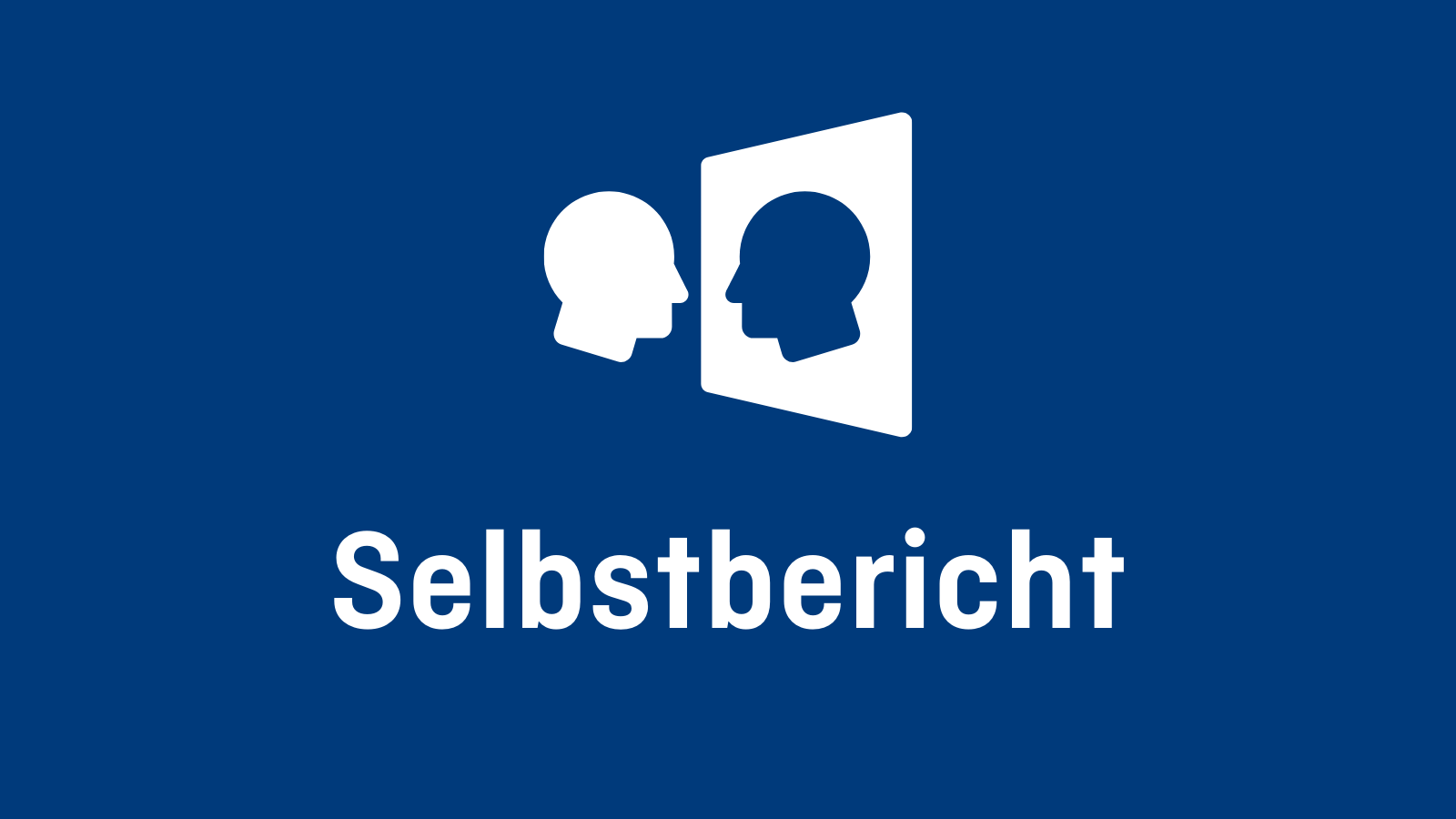
On the basis of a structured self-report the selected universities lay the foundation for the approximately one-year consulting process in the form of a detailed actual-target analysis.
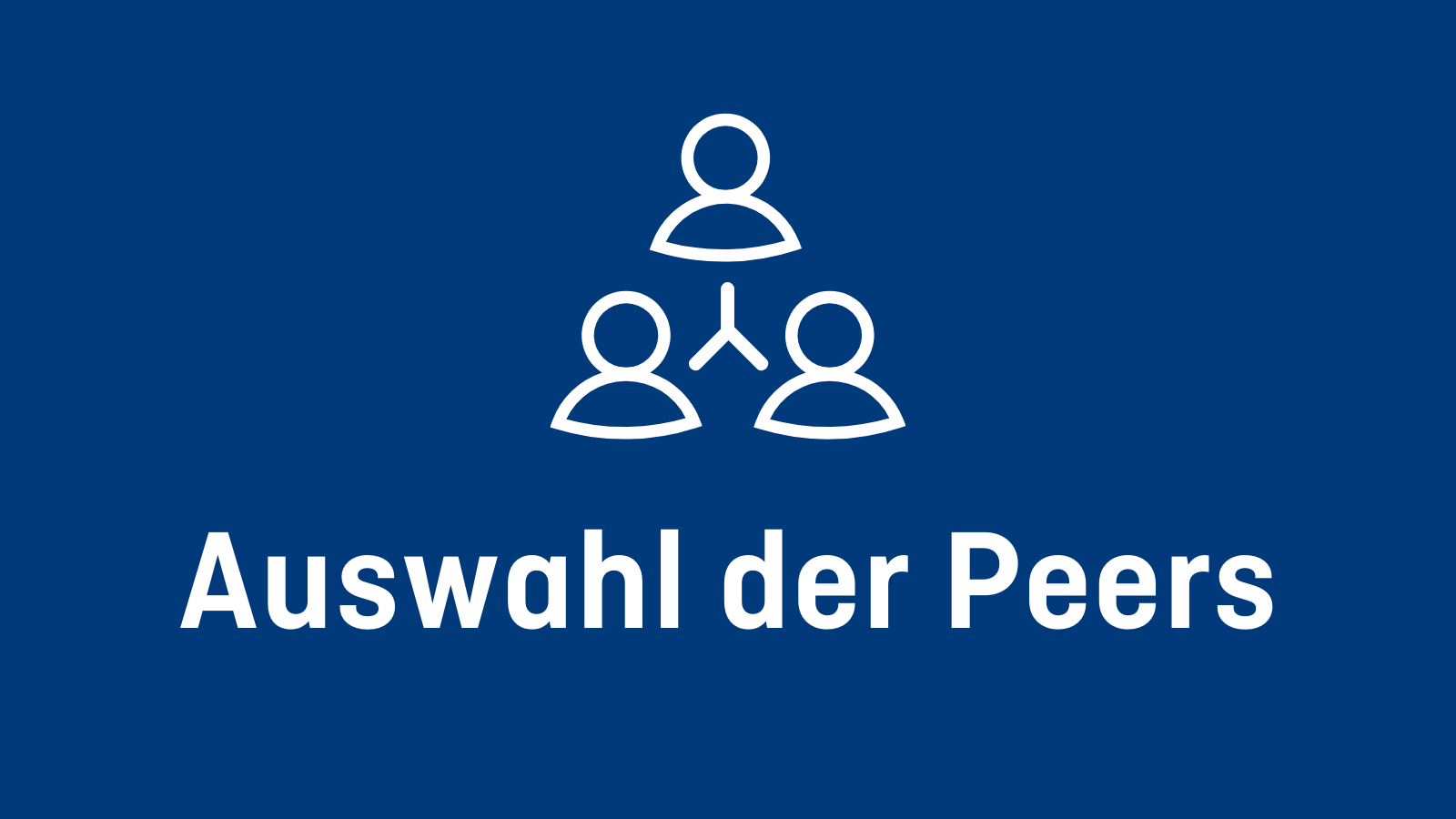
In close cooperation with the universities, experts are appointed to provide advice on the following topics “peers“and involved in the consulting process.
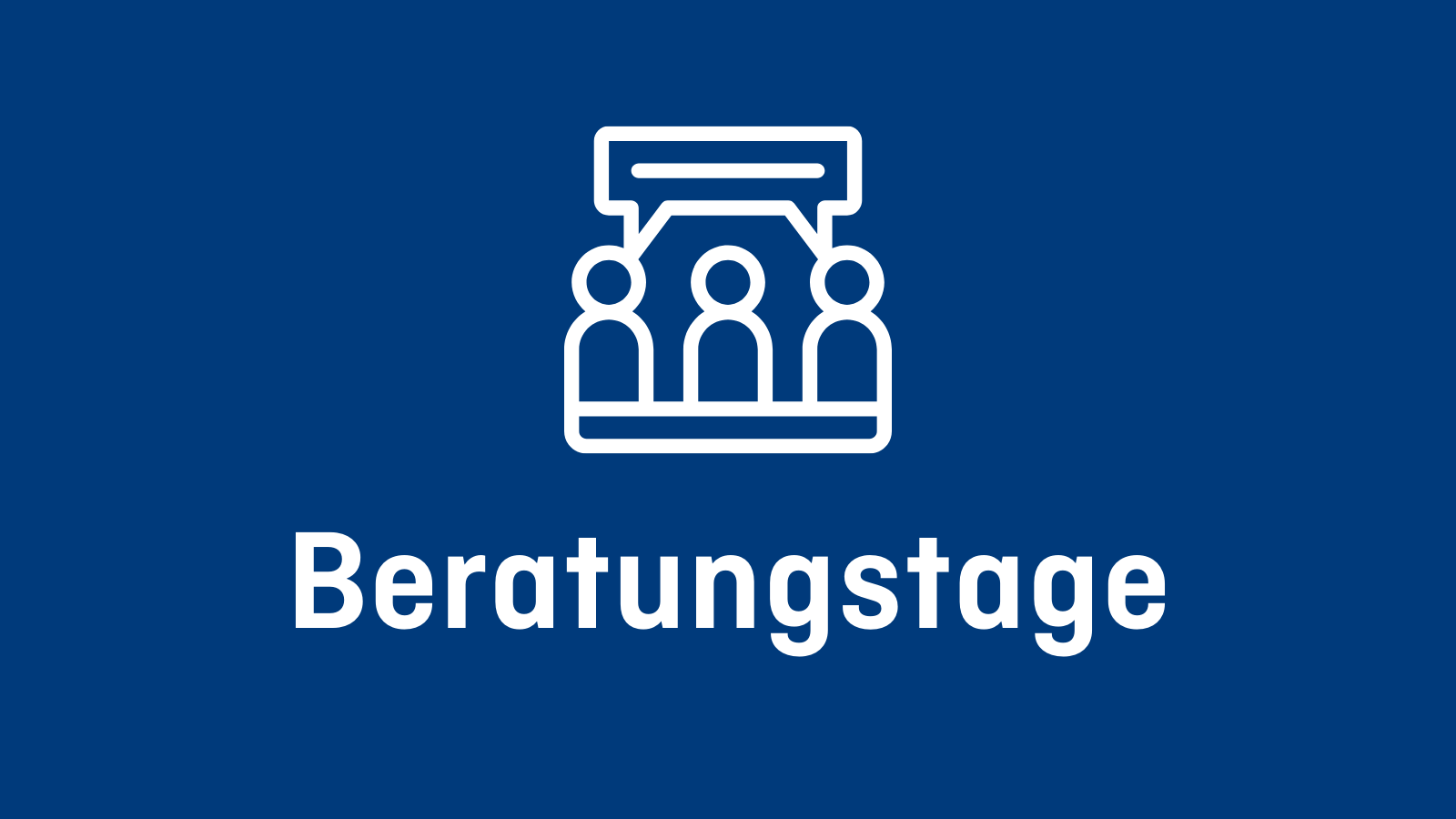
Then offer tailored to the challenges and goals of the university, two-day consulting days with topic-specific workshops at the university offer the opportunity to develop strategies, goals and measures together with the “Develop, concretize and reflect on “peers”. The workshops provide the space for a focused internal exchange in which the various actors at the universities can be involved.
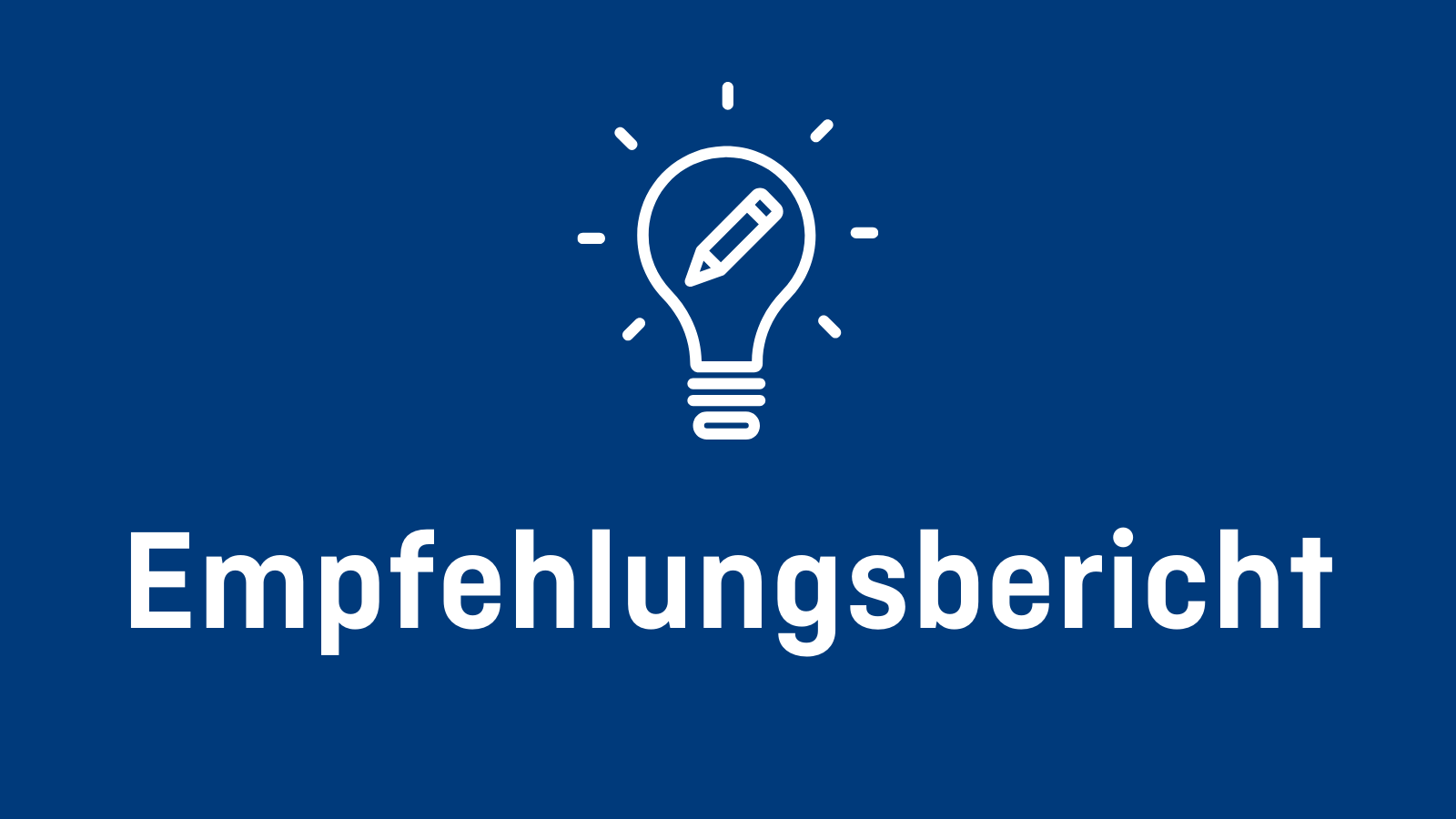
The final Recommendation Report of the “Peers” records the results and recommendations in a structured manner. Subsequently, the university prepares a brief outlook based on the report (Action Plan) outlining the next steps in their strategy and implementation process.
In addition to this the overarching exchange between the participating universities is encouraged. Accompanying workshops enable and encourage exchange and networking with other peer-to-peer strategy consulting universities during the consulting process. At the end of the consultation process, the HFD offers an alumni program to all universities that have participated in the peer-to-peer consultation process.
You can find further information here:
Transfer of the results
The HFD Strategy Toolbox bundles results and findings of the HFD activities on the topic of strategy development. University leaders and strategic designers will find various materials for reflecting on strategy processes.
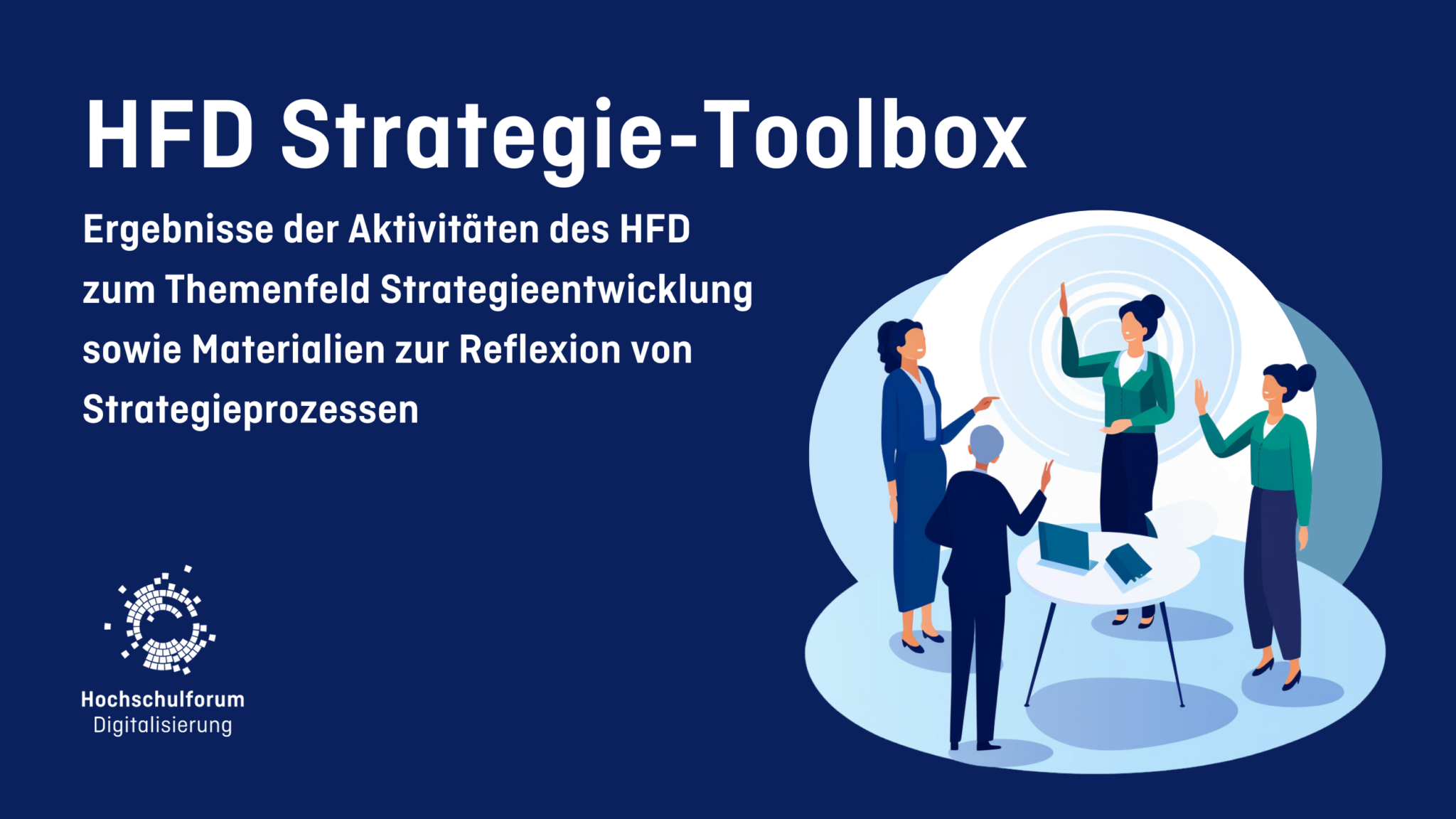
Participating universities by year
- Brandenburg University of Technology Cottbus-Senftenberg
- University for Sustainable Development Eberswalde
- Otto von Guericke University Magdeburg
- Nordhausen University of Applied Sciences Protestant
- Nuremberg University
- East Bavarian Technical University Regensburg
The jury consisted of: Dr. Nicole Wöhrle (University of Freiburg), Prof. Dr. Alexandra Nonnenmacher (University of Siegen), Ludwig Lorenz (Bauhaus-Universität Weimar), Dr. Jens-Peter Gaul (HRK), Dr. Mathias Winde (Stifterverband), Julius-David Friedrich (CHE) and Oliver Janoschka (Stifterverband).
- Berlin University of the Arts
- Katholische Universität Eichstätt-Ingolstadt
- Goethe University Frankfurt am Main Technical
- University of Freiberg
- Hamburg University of Technology
- University of Hildesheim
- Karlsruhe University
- Pädagogische Hochschule Ludwigsburg
The jury consisted of: Prof. Dr. Ingeborg Schramm-Wölk (FH Bielefeld), Dr. Dirk Lanwert (University of Göttingen), Bernadette Gruber (FernUni Hagen), Prof. Dr. Joachim Metzner (former University of Applied Sciences Cologne), Dr. Jens-Peter Gaul (HRK), Prof. Dr. Frank Ziegele (CHE) and Andrea Frank (Stifterverband).
- University of Oldenburg
- Bielefeld University of Applied Sciences
- European University Viadrina Frankfurt (Oder)
- PH Schwäbisch Gmünd
- Association of all state universities in Schleswig-Holstein
The jury consisted of: Prof. Dr. Barbara Getto (PH Zurich), Prof. Dr. Eva Waller (RheinMain University of Applied Sciences), Alexa Böckel (Leuphana University Lüneburg), Prof. Dr. Joachim Metzner (former Cologne University of Applied Sciences), Dr. Jens-Peter Gaul (HRK), Prof. Dr. Frank Ziegele (CHE) and Oliver Janoschka (Stifterverband).
- University of Koblenz-Landau
- Leipzig University
- University of Potsdam
- RhineMain University
- Saarland University of Applied Sciences (htw saar)
- Zittau/Görlitz University of Applied Sciences
The jury consisted of: Jorin Meyer (DigitalChangeMaker), Dr. Meike Vogel (University of Bielefeld), Prof. Dr. Andreas Breiter (University of Bremen), Prof. Dr. Joachim Metzner (former FH Cologne), Prof. Dr. Gudrun Oevel (University of Paderborn), Dr. Jörg Dräger (CHE) and Oliver Janoschka (Stifterverband).
- Berlin University of Applied Sciences
- Bielefeld University
- University of Health Bochum
- University of Bremen
- SRH Heidelberg
- Johannes Gutenberg University Mainz
The jury consisted of: Prof. Dr. Joachim Metzner (former FH Cologne), Prof. Dr. Gudrun Oevel (University of Paderborn), Dr. Andreas Mai (Bauhaus University Weimar), Dr. Tina Ladwig (Technical University Hamburg), Dr. Jörg Dräger (CHE), Dr. Jens-Peter Gaul (HRK) and Dr. Volker Meyer-Guckel (Stifterverband).
- University of Bayreuth
- Berlin-Weißensee School of Art
- HAW Hamburg
- Harz University
- University of Constance
- Bauhaus University Weimar
The jury consisted of: Alexander Knoth (University of Potsdam), Prof. Dr. Joachim Metzner (former FH Köln), Prof. Dr. Philipp Pohlenz (University of Magdeburg), Prof. Dr. Eva Waller (Bochum University of Applied Sciences), Dr. Nicole Wöhrle (University of Freiburg), Dr. Jörg Dräger (CHE), Dr. Jens-Peter Gaul (HRK) and Dr. Volker Meyer-Guckel (Stifterverband).
- Bochum University
- Braunschweig University of Technology
- Dresden University of Applied Sciences
- Georg-August University Göttingen
- Heidelberg University of Education
- Stuttgart University
The jury consisted of: Dr. Barbara Getto (University of Duisburg-Essen), Sebastian Litta (quantco – Smart Data Analytics), Prof. Dr. Joachim Metzner (former FH Köln), Hans Pongratz (TU München), Dr. Jörg Dräger (CHE), Dr. Jens-Peter Gaul (HRK) and Dr. Volker Meyer-Guckel (Stifterverband).
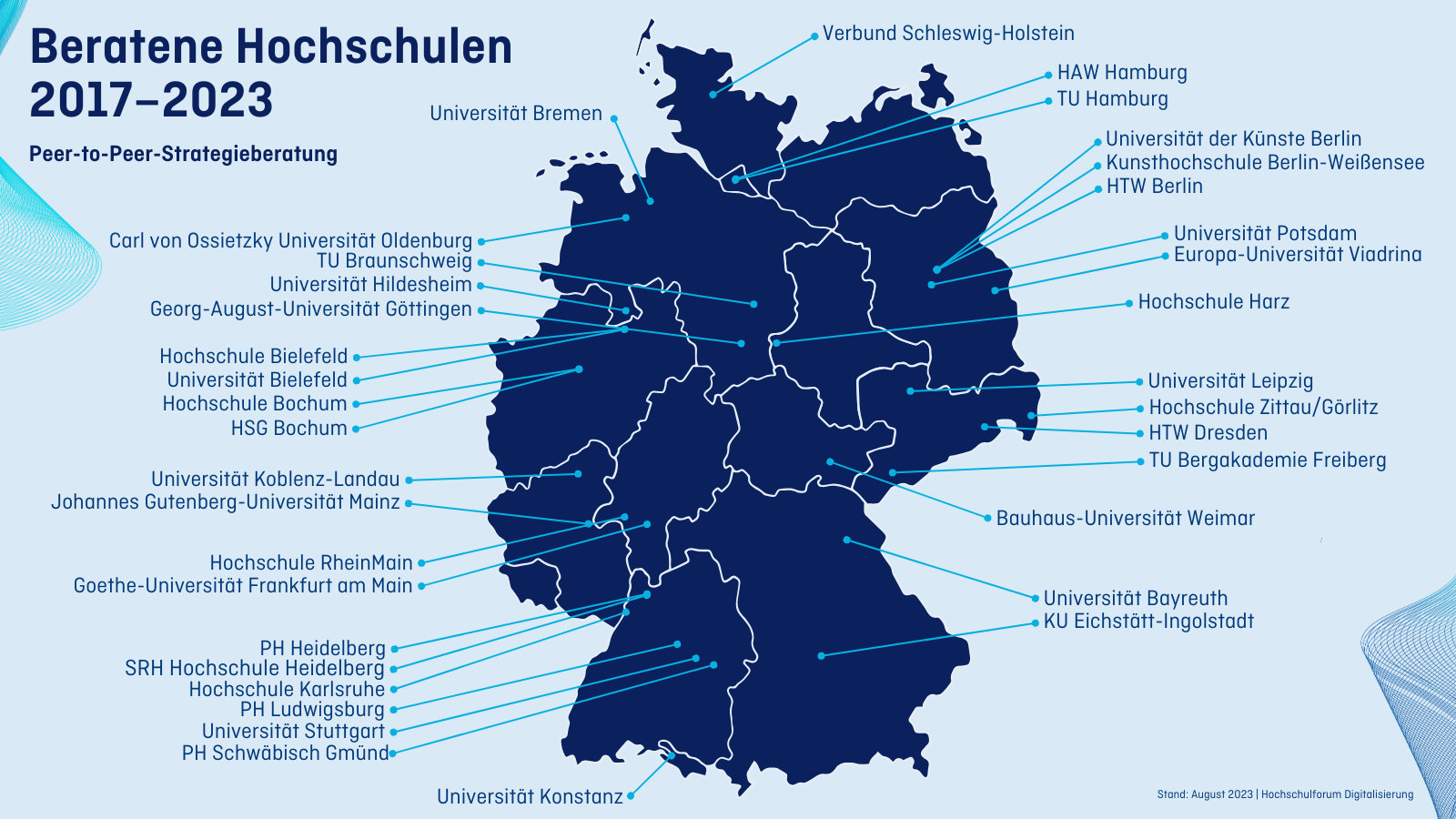
Peer-to-peer counseling
Peer-to-peer consultation is a development instrument of Hochschulforum Digitalisierung for alliances of universities of different types and degrees of formalization that essentially support digitalization in teaching and learning. It is derived from peer-to-peer strategy consulting for individual universities. from.
In the context of digitalization, the ability of universities to cooperate is particularly crucial in order to enable synergies and promote the transfer of good practice in strong networks. In order to strengthen the strategic orientation of alliances, the HFD invited tenders for peer-to-peer alliance consulting for the first time in fall 2023. The development instrument is aimed at alliances of universities and initiatives of different types and degrees of formalization that are shaping the digital transformation in studying and teaching as a cross-university task.
Contact
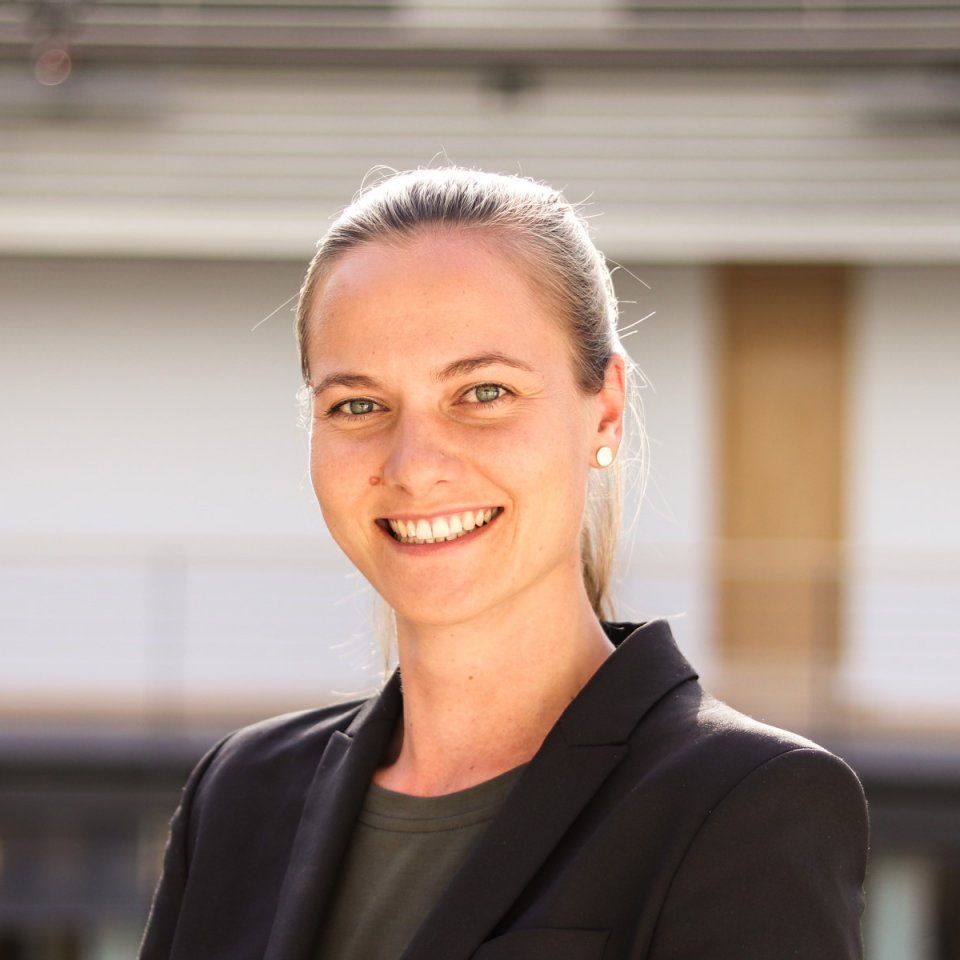 Barbara Wagner
Barbara Wagner
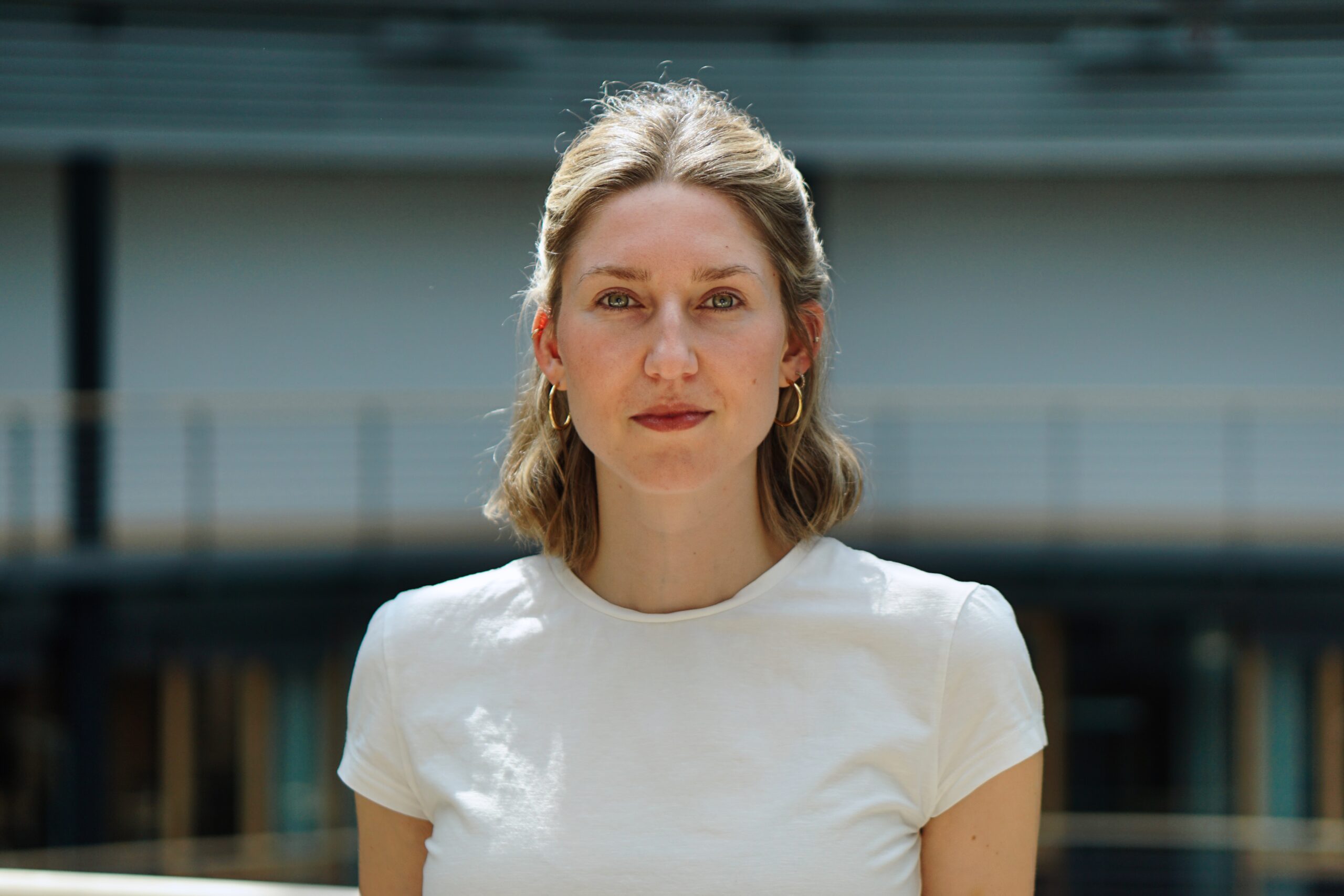 Aline Röttger
Aline Röttger
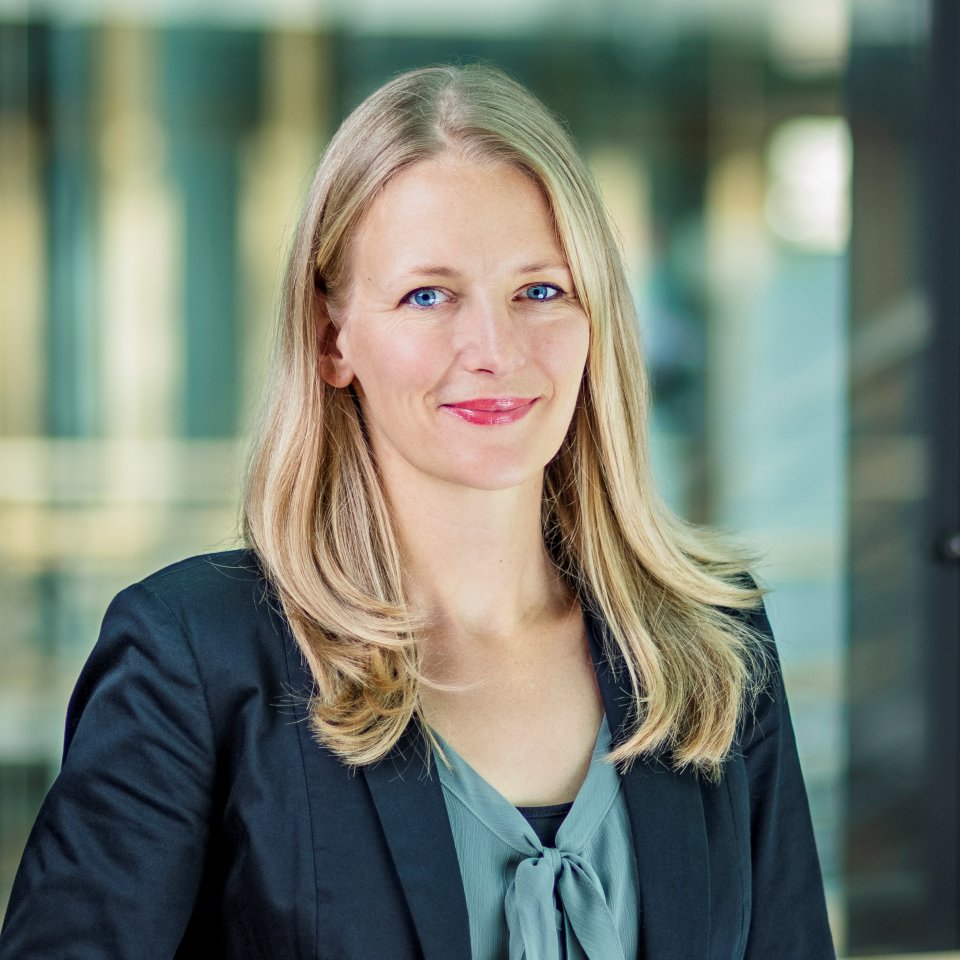 Melanie Ewert
Melanie Ewert
